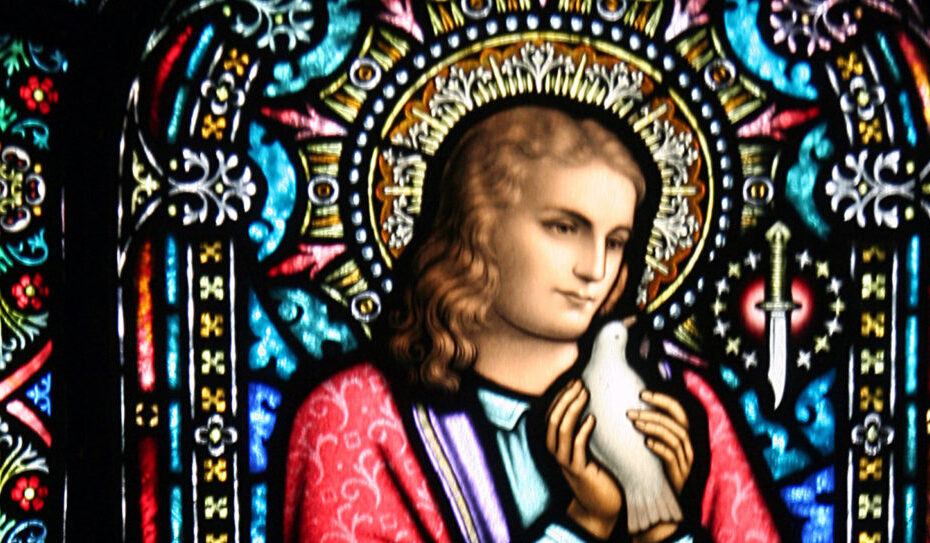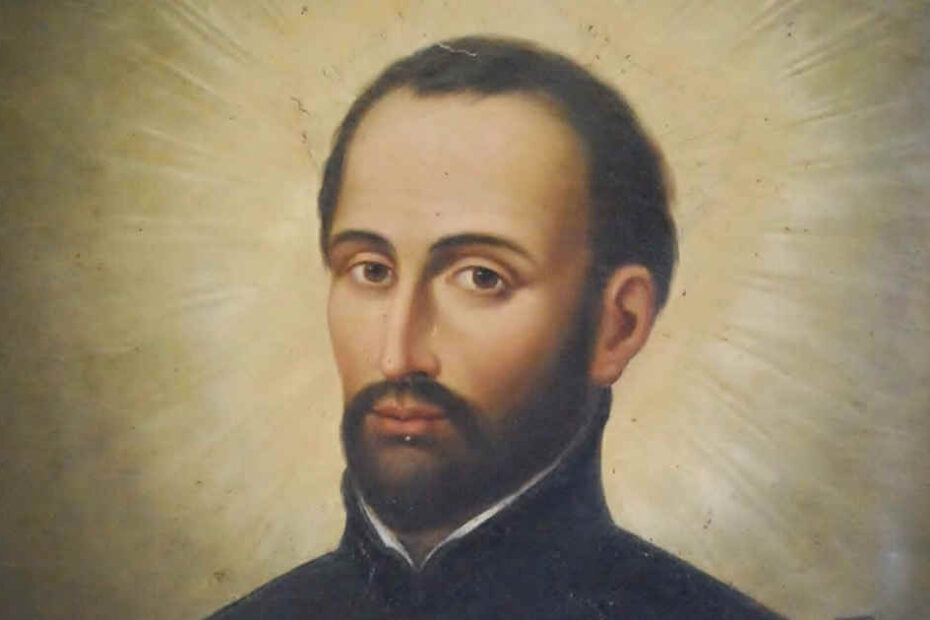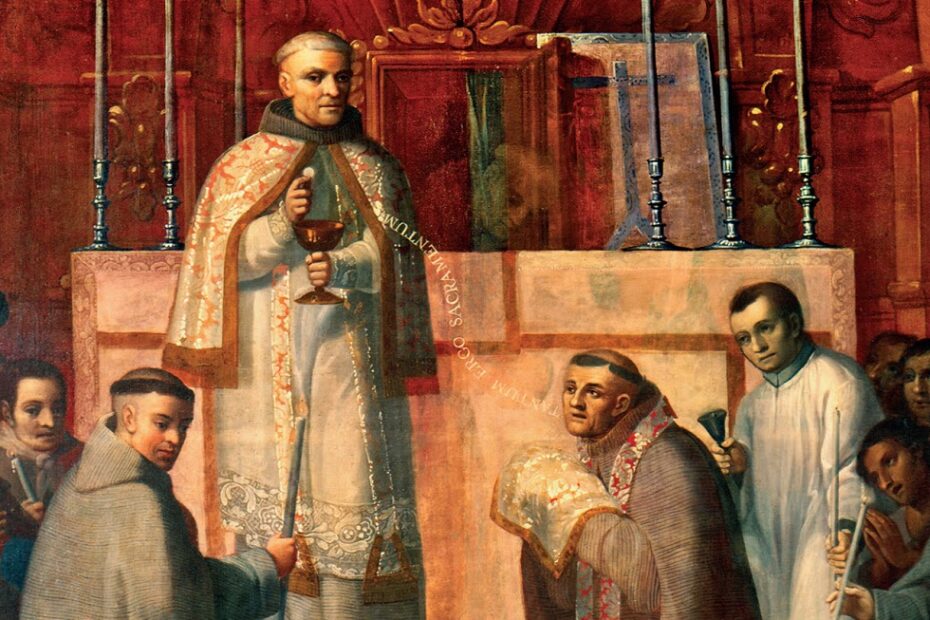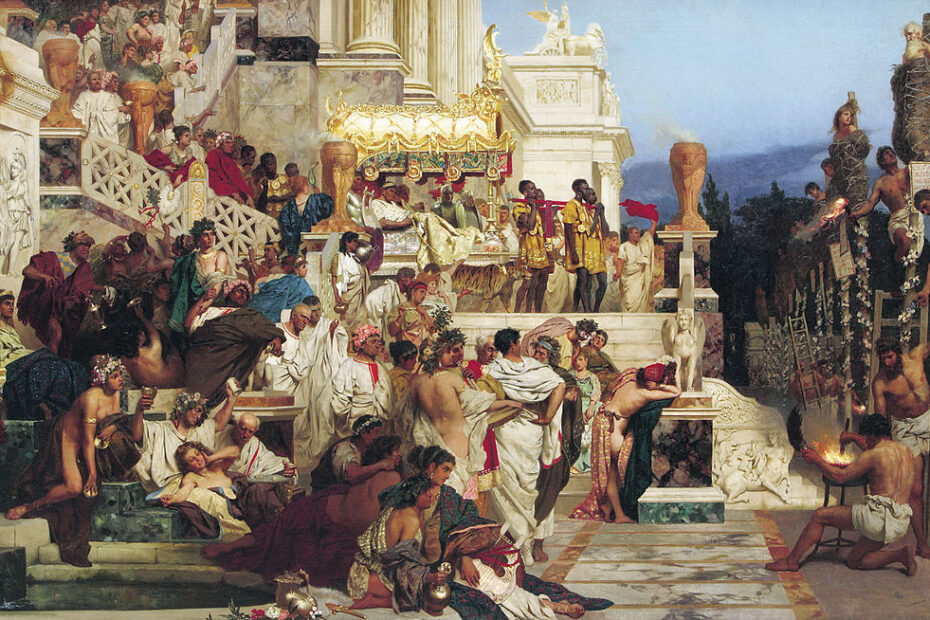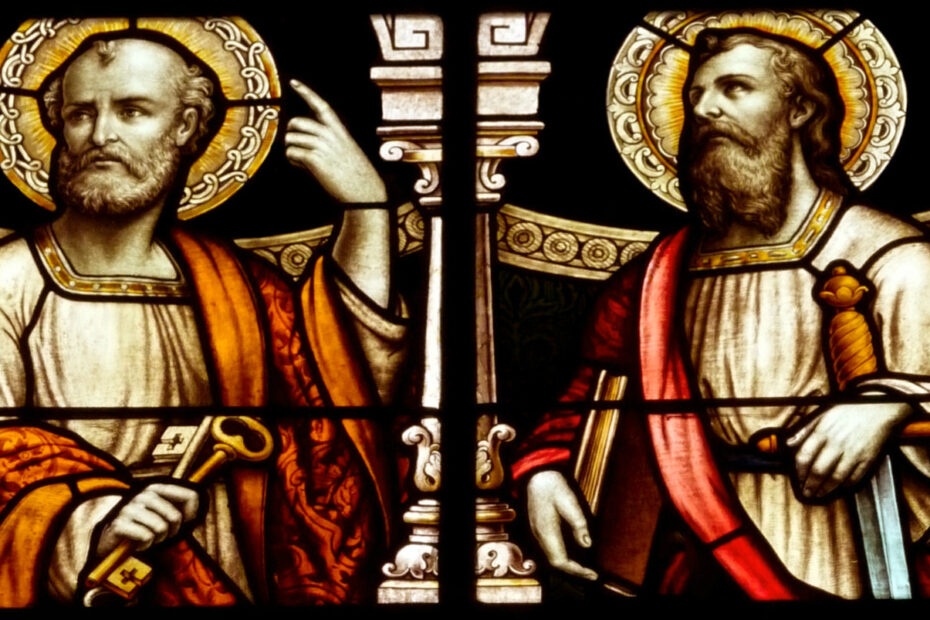St. Maria Goretti
St. Maria Goretti was born near Ancona (Italy). The daughter of a poor peasant family, Maria was well known to her neighbors for her cheerfulness and piety. When she was twelve she was a victim of assault. She preferred to die rather than to lose her virginity. She died in 1902, and her mother was present at her canonization in 1950, the first time a parent was present for a child’s canonization.
